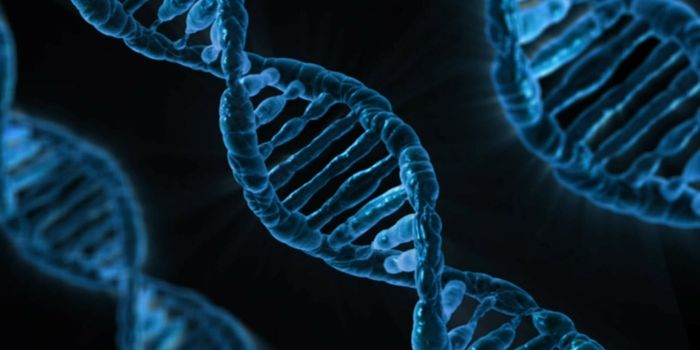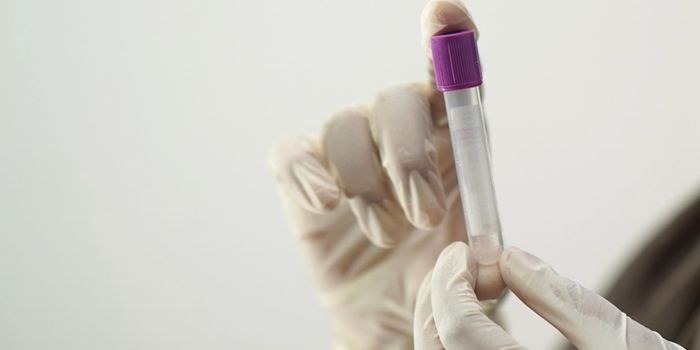Cells Linked to Depression are Discovered
Depression is thought to affect over 250 million people around the world. It is a condition that is difficult to treat because there is still a lot we don’t know about why it happens at the biological level. But new research has provided novel insights into the basis of depression. Researchers have found that the function of some brain cells, including some types of neurons and microglia, is altered in patients with depression, and these functional changes could be affecting pathways that are related to stress and emotions. The findings have been reported in Nature Genetics.
"This is the first time we've been able to identify what specific brain cell types are affected in depression by mapping gene activity together with mechanisms that regulate the DNA code," said senior study author Dr. Gustavo Turecki, a professor at McGill University, among other appointments. "It gives us a much clearer picture of where disruptions are happening, and which cells are involved."
In this study, the investigators assessed post-mortem brain tissue from various donors, including some individuals who were affected by different mental conditions. There was brain tissue from 59 people who were affected by depression, and tissue from 41 unaffected individuals. The researchers used technology like single-cell sequencing, which can reveal the genes that were being expressed, and at what levels, when these individuals died. The sequencing tool can also reveal subtle variations in the sequences of different genes.
The scientists were able to compare their sequencing results from thousands of individual brain cells to determine how cells may have been behaving differently, or how gene sequences may have been different, in the context of various disorders.
This effort showed that in one type of neurons: excitatory neurons that are related to regulating stress and mood; and one type of microglia that help control brain inflammation, were functioning differently in people with depression. The changes included alterations in gene expression, which could have a disruptive impact on neural function.
Since specific changes were identified in certain brain cells, this study provides evidence that there are biological changes underlying depression.
"This research reinforces what neuroscience has been telling us for years," Turecki said. "Depression isn't just emotional, it reflects real, measurable changes in the brain."
Scientists may now be able to create more effective treatments for depression, since specific cells and changes have been found that could explain how the condition arises.
Sources: McGill University, Nature Genetics









